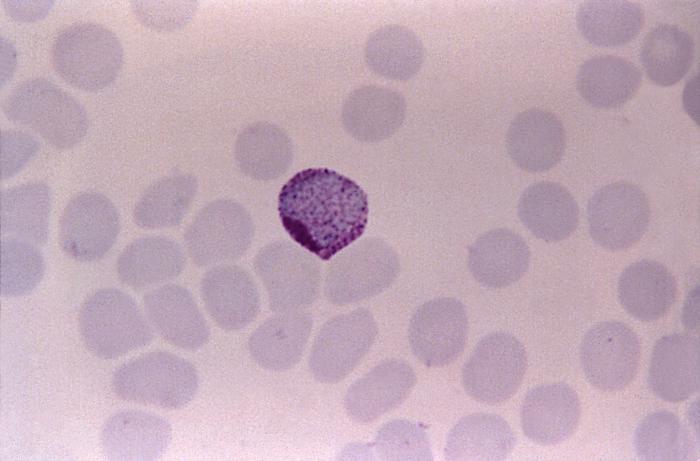The Iowa Department of Health and Human Services (IDHHS) today announced the death of a middle-aged eastern Iowa resident from Lassa fever, a rare viral hemorrhagic fever that can be transmitted among humans through infected body fluids.

In a statement, officials said the individual had recently traveled to West Africa, where they are thought to have contracted the virus. Initial testing was conducted at the Nebraska Public Health Laboratory, and confirmation testing is under way at the US Centers for Disease Control and Prevention (CDC).
State working with partners on contact tracing
The patient was receiving treatment at the University of Iowa Health Care, and state health officials are working with the CDC and local partners to identify contacts.
“This is a difficult time for the family of this individual and I want to express our deepest condolences,” said Robert Kruse, MD, MPH, state medical director at he IDHHS. “I want to assure Iowans that the risk of transmission is incredibly low in our state. We continue to investigate and monitor this situation and are implementing the necessary public health protocols.”
The United States has now reported eight travel-related Lassa virus cases over the past 55 years. The country reported its last imported case in 2015 in a person returning from Liberia to New Jersey.
Lassa fever is typically transmitted by rodents, and though most human illnesses are mild or moderate, infections are deadly in about 1% of cases. Causing as many as 300,000 cases each year, the virus is endemic in parts of West Africa. In July, an expert group led by the Center for Infectious Disease Research and Policy (CIDRAP) raised concerns about the slow pace of treatments of vaccines for Lassa virus and published a roadmap to address the growing threat.














